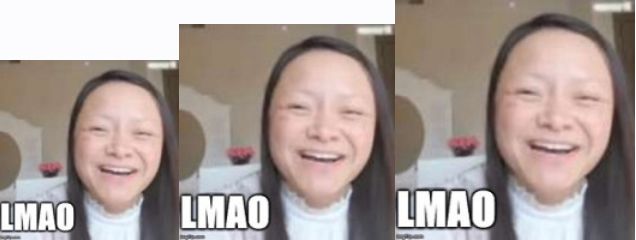
Jan. 6 Committee Lays Out Potential Criminal Charges Against Trump
In a court filing, the panel said there was enough evidence to suggest that the former president might have engaged in a criminal conspiracy as he fought to remain in office.
WASHINGTON — The House committee investigating the Jan. 6 attack on the Capitol said on Wednesday that there was enough evidence to conclude that former President Donald J. Trump and some of his allies might have conspired to commit fraud and obstruction by misleading Americans about the outcome of the 2020 election and attempting to overturn the result.
In a court filing in a civil case in California, the committee’s lawyers for the first time laid out their theory of a potential criminal case against the former president. They said they had accumulated evidence demonstrating that Mr. Trump, the conservative lawyer John Eastman and other allies could potentially be charged with criminal violations including obstructing an official proceeding of Congress and conspiracy to defraud the American people.
The filing also said there was evidence that Mr. Trump’s repeated lies that the election had been stolen amounted to common law fraud.
The filing disclosed only limited new evidence, and the committee asked the judge in the civil case to review the relevant material behind closed doors. In asserting the potential for criminality, the committee largely relied on the extensive and detailed accounts already made public of the actions Mr. Trump and his allies took to keep him in office after his defeat.
The committee added information from its more than 550 interviews with state officials, Justice Department officials and top aides to Mr. Trump, among others.
It said, for example, that Jason Miller, Mr. Trump’s senior campaign adviser, had told the committee in a deposition that Mr. Trump had been told soon after Election Day by a campaign data expert “in pretty blunt terms” that he was going to lose, suggesting that Mr. Trump was well aware that his months of assertions about a stolen election were false. (Mr. Trump subsequently said he disagreed with the data expert’s analysis, Mr. Miller said, because he thought he could win in court.)
The evidence gathered by the committee “provides, at minimum, a good-faith basis for concluding that President Trump has violated” the obstruction count, the filing, written by Douglas N. Letter, the general counsel of the House, said, adding: “The select committee also has a good-faith basis for concluding that the president and members of his campaign engaged in a criminal conspiracy to defraud the United States.”
The filing said that a “review of the materials may reveal that the president and members of his campaign engaged in common law fraud in connection with their efforts to overturn the 2020 election results.”
Representatives of Mr. Trump did not respond to requests for comment.
Charles Burnham, a lawyer for Mr. Eastman, said that his client, like all lawyers, “has a responsibility to protect client confidences, even at great personal risk and expense.”
“The select committee has responded to Dr. Eastman’s efforts to discharge this responsibility by accusing him of criminal conduct,” Mr. Burnham said in a statement. “Because this is a civil matter, Dr. Eastman will not have the benefit of the constitutional protections normally afforded to those accused by their government of criminal conduct. Nonetheless, we look forward to responding in due course.”
The panel, which is controlled by Democrats, is a legislative committee and has no authority to charge the former president — or anyone else — with a crime.
But the filing contains the clearest indication yet about the committee’s direction as it weighs making a criminal referral to the Justice Department against Mr. Trump and his allies, a step that could put pressure on Attorney General Merrick B. Garland to take up the case. The Justice Department has said little of substance about whether it might ultimately pursue a case.
The filing laid out a sweeping if by now well-established account of the plot to overturn the election, which included false claims of election fraud, plans to put forward pro-Trump “alternate” electors, pressure various federal agencies to find irregularities and ultimately push Vice President Mike Pence and Congress to exploit the Electoral Count Act to keep a losing president in power.
“As the president and his associates propagated dangerous misinformation to the public,” the filing said, Mr. Eastman “was a leader in a related effort to persuade state officials to alter their election results based on these same fraudulent claims.”
The court filing stemmed from a lawsuit filed by Mr. Eastman, who is trying to persuade a judge to block the committee’s subpoena for documents in his possession, claiming “a highly partisan” invasion of his privacy. The committee issued a subpoena to Mr. Eastman in January, citing a memo he wrote laying out how Mr. Trump could use the vice president and Congress to try to invalidate the 2020 election results.
As part of the suit, Mr. Eastman sought to shield from release documents he said were covered by attorney-client privilege. In response, the committee argued — under the legal theory known as the crime-fraud exception — that the privilege does not cover information conveyed from a client to a lawyer if it was part of furthering or concealing a crime.
Last edited:















